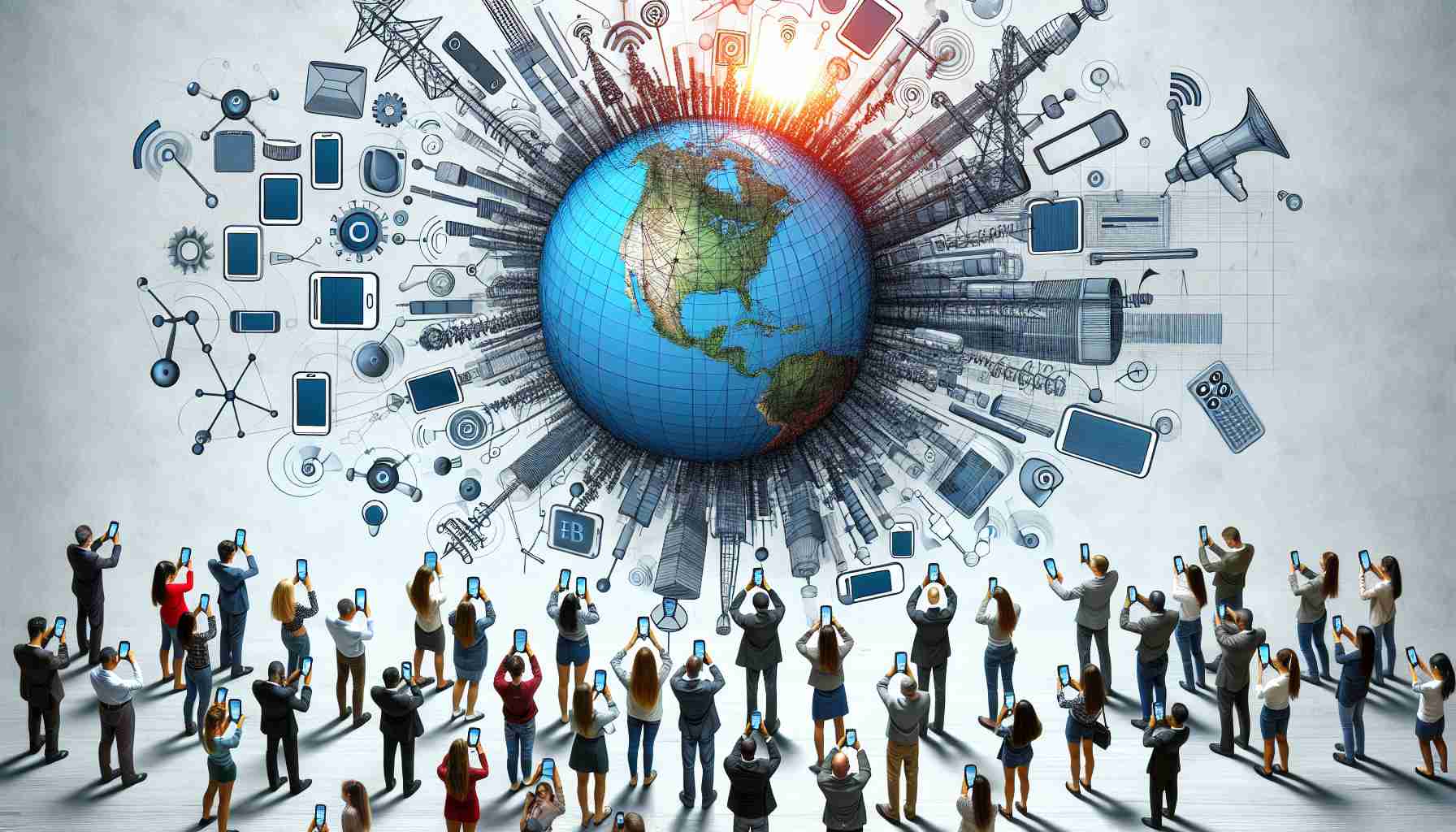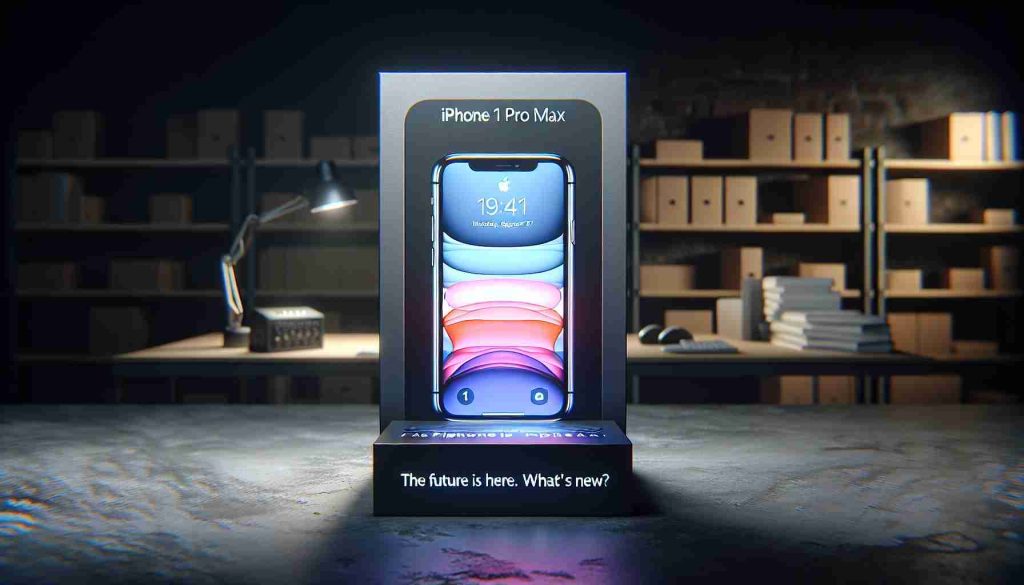In an eye-opening study launched by BAKERU, a Tokyo-based company, the true extent of smartphone reliance among the 18-25 age group, also known as Generation Z, came to light. This October 2024 survey aimed to uncover the habits and digital dependencies of young adults, shedding light on surprising trends.
The research revealed that an overwhelming 72.3% of Gen Z participants consider themselves dependent on their smartphones. Moreover, living without internet connectivity is unimaginable for 72.4% of those surveyed, emphasizing the integral role digital platforms play in daily life.
The study further explored stress levels associated with a three-day limitation on smartphone use, highlighting its importance. Smartphone restriction was rated as a significant stress factor, comparable to essential daily activities like sleeping and eating, and even more stressful than tooth brushing or bathing.
Intriguingly, the boundaries between online and offline friendships are increasingly blurred. Of the participants, 28.9% reported having over 10 friends online whom they’ve never met in person, suggesting a shift toward digital social interactions, particularly among those navigated university life during the pandemic.
BAKERU’s offering, “MinGiga,” aligns with these findings, providing a unique, cost-free mobile data solution for Z Gen users. This service encourages users to participate in surveys in exchange for data, resolving their need for a constant digital connection without financial burdens. The initiative seeks to redefine internet access as vital as other public utilities, addressing what the survey characterizes as a “fourth lifeline” for today’s tech-savvy youth.
The Unseen Impacts of Smartphone Dependency: An Emerging Crisis or the New Normal?
In a rapidly digitalizing world, the revelations from BAKERU’s recent study offer a striking insight into how smartphones have solidified their position as a cornerstone of Generation Z’s daily life. While the study sheds light on the reliance of young adults on mobile technology, there’s more to explore about the broader implications for individuals, communities, and nations. This dependency raises questions about societal balance, privacy concerns, and digital well-being—areas ripe for controversy and intriguing discussions.
Secret Burdens: A Society Hidden in Screens
An aspect not emphasized in the study is the potential consequences on mental health attributed to excessive smartphone use. The digital world presents a double-edged sword; while it allows unprecedented access to information and connectivity, it can also lead to anxiety, depression, and sleep disorders. Did you know? Recent psychological studies suggest a significant correlation between smartphone usage time and increased levels of anxiety and depression among young people.
Could this reliance trigger a mental health epidemic? Communities and health professionals are grappling with this question, advocating for digital detoxes and stricter screen-time regulations. Yet, with essential services and social interactions increasingly shifting online, complete disengagement from digital platforms appears unrealistic.
Digital Divide: Bridging or Widening Gaps?
The introduction of BAKERU’s “MinGiga” service offers a lifeline to those who find themselves financially constrained in accessing the internet. However, this raises an important dialogue about the digital divide. Is internet access becoming an essential human right? The service’s model is innovative, tying data access to survey participation, but it also raises questions about privacy and data exploitation.
Moreover, such solutions could inadvertently widen socioeconomic gaps if not widely implemented. If similar models do not emerge globally, we risk leaving behind communities that cannot afford continuous internet access, thereby exacerbating existing inequalities.
Privacy at Stake: The Cost of “Free” Services
The trade-off for “free” internet services like MinGiga often lies in user data, which companies collect to enhance services or for marketing purposes. Is your data the price of free connectivity? This brings to light critical privacy issues and the need for robust policies to protect user information. While some argue that data collection is essential for improving user experience, others voice concerns about intrusive data harvesting and potential misuse.
Striking a Balance: Can We Stay Connected Without Mental Exhaustion?
Finding a balance between connectivity and mental well-being is crucial. There is a growing movement towards setting boundaries for technology use, emphasizing human interaction, and encouraging offline activities that nurture mental health.
What can you do? Engaging in regular ‘tech-free’ times, practicing mindfulness, and participating in face-to-face social activities are beneficial practices. Additionally, educational institutions and workplaces are in ideal positions to promote a balanced digital lifestyle through training and resources.
Shaping the Future: What Role Will Technology Play?
Ultimately, as societies navigate digital transformation, the question remains: Can we harness technology to enhance our lives without compromising our well-being?
As these challenges unfold, continued dialogue, innovative solutions, and policy development are key to ensuring that the digital landscape evolves to benefit everyone equitably. Stay informed and explore further insights on digital well-being and innovation through reliable resources like Pew Research Center, World Health Organization, and WIRED.























